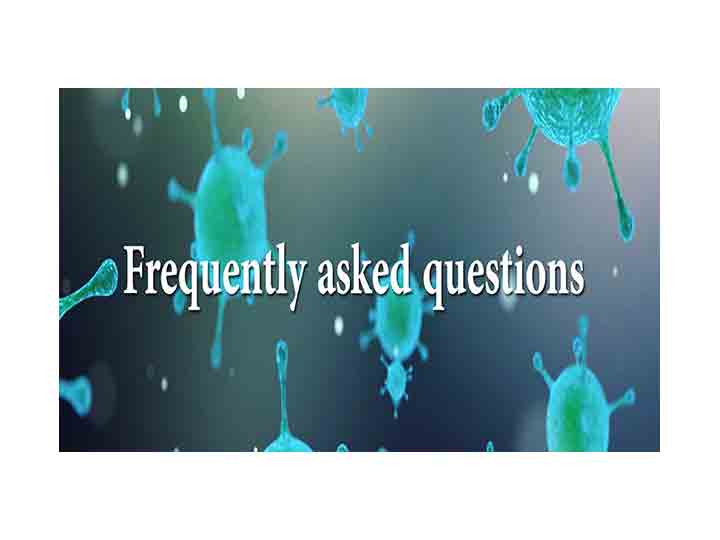Frequently asked questions Allergy
Frequently asked questions Allergy (Allergy FAQ)
Q1. What are allergies?
A. An allergic reaction occurs when our immune system reacts with the substances which are considered harmless to most of us. For example, if someone has allergic symptoms after eating peanut then he is suffering from a peanut allergy.
Q2. What are allergens?
A. Allergens are the substances, which cause an allergic reaction.
Major allergen include
- Dust mite
- Pet dander
- Pollen
- Cockroach
- Mold
- Foods
Q3. What are the types of allergy?
A. Based on symptoms the allergy can be
Mild to moderate:
These are non-life threatening reactions. Symptoms can be controlled by taking over the counter or prescribed antihistamines or steroids.
Severe allergy/Anaphylaxis:
It is the most severe form of allergy. Urgent treatment is necessary.
Q4. What are the most common allergic diseases?
A. The most common allergic diseases are:
- Hay fever/Allergic rhinitis
- Allergic asthma
- Allergic Conjunctivitis
- Food Allergy
- Urticaria /hives
- Latex Allergy
- Insect Sting Allergy
- Drug Allergy
- Atopic Dermatitis /eczema
- Contact Dermatitis
- Anaphylaxis
Q5. How can I tell the difference between a cold and an allergy?
A. Cold or common cold is usually caused by viruses. Allergies caused by allergens which are considered harmless to most of us. Common cold and allergies share a few common symptoms. Cold symptoms usually include fever, sneezing runny nose and fatigue. Allergies usually have symptoms like itching, wheeze, skin rash and hives etc.
Q6. What are symptoms of allergy?
A. Symptoms of mild to moderate allergy include:
- Runny Nose, Stuffy Nose, Sneezing
- Wheezing, Shortness of Breath
- Cough
- Rashes
- Headache
- Nausea & Vomiting
- Fatigue
- Fever
Q7. What are the symptoms of anaphylaxis?
A. Symptoms of the severe allergy include:
- Generalized urticaria and angioedema
- Itching, tightness in the throat, hoarseness of voice
- Vomiting, diarrhea, cramping in the abdomen
- Respiratory difficulty/shortness of breath, cough, wheeze
- Weak pulse, dizziness, reduced BP
Q8. The best treatment of allergy?
A. Mild to moderate allergy: over the counter or prescribed antihistamines or steroids.
Severe allergy/Anaphylaxis: Injection adrenaline is necessary.
Q9. Can allergy be prevented?
A. If you have an allergy to a particular substance then avoidance of the substances are the best preventive measure to avoid allergy. But in spite of the best effort, an individual may come in contact with the allergen.
Q10. Can allergy be cured?
A. Symptoms of allergy can be controlled. An individual can live happily if he follows appropriate management.
Q11. If there any treatment to cure allergy?
A. Yes. Immunotherapy can cure allergy. But immunotherapy is not available for all allergic diseases.
Q12. I am allergic, what happens to my baby?
A. If parents are allergic then there is an increased risk of allergy to there baby.
Q13. I am suffering from allergic symptoms throughout the year. What to do.
A. Attend an Allergist for consultation and management.
Q14. Can my pet cause allergy?
A. Yes, pet like cat, dog can cause allergy. Pet dander can cause perennial symptoms.



